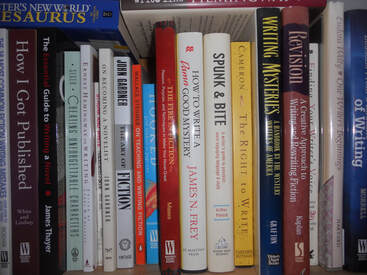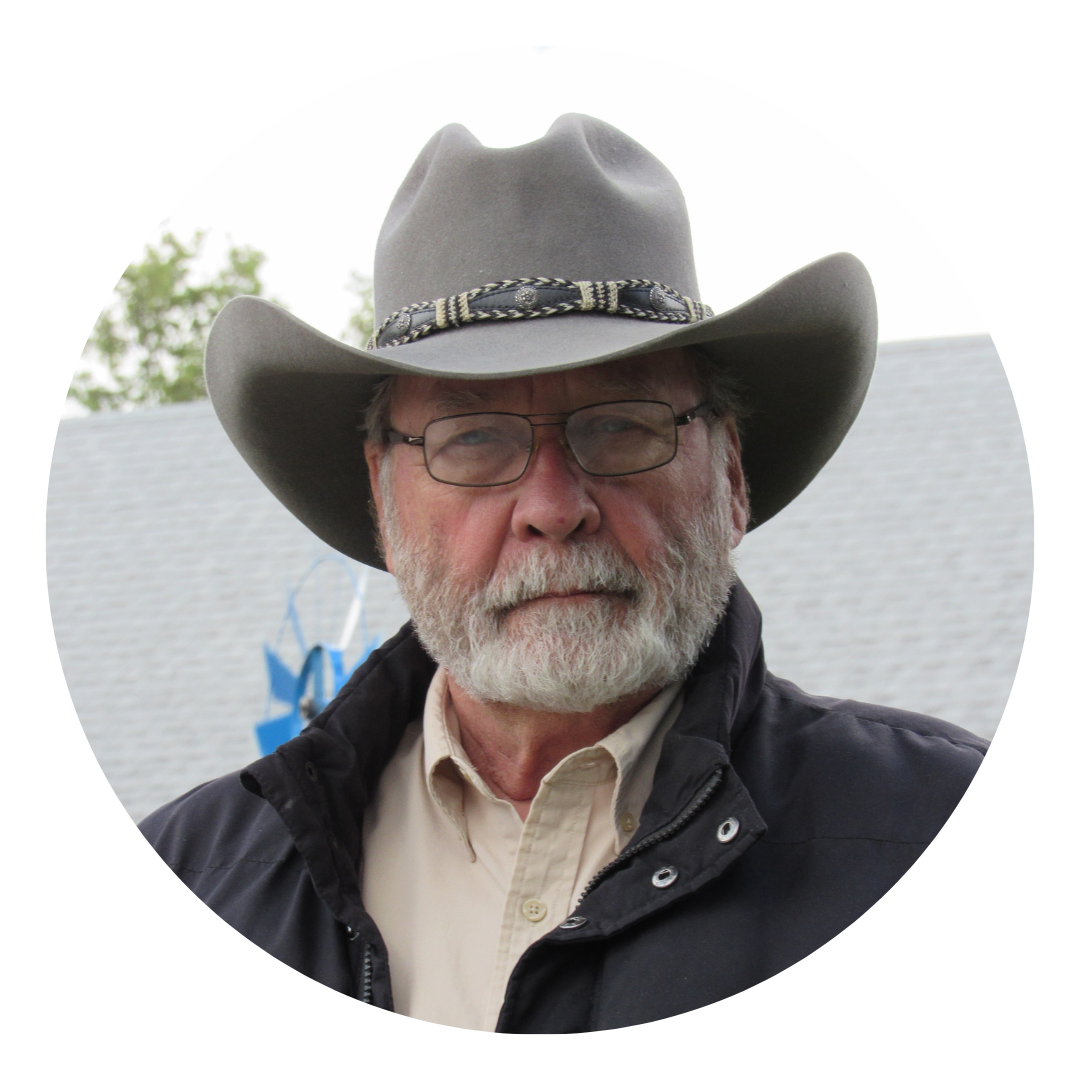 I was in a ZOOM meeting yesterday that featured a question-and-answer session with David Morrell. He lives in Santa Fe and most of you probably don’t recognize his name, but every one of you know the name of his first book’s main character – John Rambo. That’s how he’s usually introduced, and many of the questions in a typical Q&A with him will center around the Rambo movies and how “Rambo” got into the Oxford American Dictionary (I just looked it up). But David Morrell is so much more. First Blood (Rambo #1) was only the beginning of a forty-year career (so far; he’s currently working on his first Western) that has included more than twenty major novels, movie novelizations (including Rambo #2 and #3), a TV miniseries (The Brotherhood of the Rose), and countless other short stories, reviews, and nonfiction books. His most recent work includes a three-book set of detective/mysteries involving Thomas DeQuincy (a real person who became famous for exposing his own opium addiction), all set in 1850s England. I’ve read the three and the stories are enthralling and mysterious, as well as being incredibly interesting. He writes well enough that I feel like I’m walking the dirty smelly fog-laden streets of Old London and need to clean my shoes. For you writers, read his Lessons From a Lifetime of Writing, published by Writer’s Digest in 2002. The Q&A felt like a conversation with a simple, straightforward, smart, comfortable, and genuine guy who loves to talk. He packed his interview with a wealth of experience, advice, and wisdom. I could have listened to him for another couple of hours. I like to read about writers as much as I like to read their books, sometimes more. My list so far includes Ernest Hemingway, Louis L’Amour, Jack London, Harper Lee, Laura Ingalls Wilder, Ray Bradbury, Truman Capote, Larry McMurtry, John Steinbeck, Robert Ruark, Tony Hillerman, Willa Cather, Norah Ephron, Anne Lamont, and Stephen King. It's fascinating to hear about their childhoods, the teen years, their education, jobs and families, what inspired them to become writers, and especially how hard they had to work at it. They are all people of grit and determination, and I’ve found none that didn’t have to sacrifice to reach their goals. David Morrell’s father was killed in WWII; David never knew him. After the war, his mother couldn’t support the two of them, so he was placed in an orphanage and, later, with a Mennonite farm family. His mother eventually remarried and he was brought back into the home, but the husband didn’t like children. He was also abusive, so David recounts plumping up his pillow under his sheets to look like he was asleep and then hiding under his bed for protection. He told himself stories to bring on sleep. He was in a gang as a teenager and was declared worthless by his school principal. Everyone was astounded when he got interested in being a writer and went on to get a doctorate in English literature. This is not to say that every well-known writer had a terrible childhood, nor that anyone who aspires to be a successful writer has to experience major traumas, nor that they have to be well-schooled in literature. Or that they have to be excessively quirky, unusual, or gifted with talent. Yes, there are writers who are a little strange, like the guy who rented a small office with no windows, put on a suit every day, left his house and family, went to the room, took off all his clothes, and wrote naked all day long. Promptly at five, he’d put his suit back on and go home. Or, the writer who grew up with dysfunctional and mentally ill, alcoholic parents, traveled the world, became internationally recognized for his newspaper columns, repeatedly cheated on his wife, stayed more drunk than sober, and then died when he was fifty from a liver that had turned to mush. Or the writer who became internationally famous for her first book and never wrote another. David Morrell always asks two questions at the beginning of his writing classes: why people want to write, and why people want to be writers. The surface answers have to do with wealth, fame, creativity, freedom, and such, but Morrell would claim that great writers become writers because they have to—that there is something inside of them that has to get out, that demands to get out, some bare necessity of survival that overwhelms them to communicate, to explain, to teach, to demonstrate, to elucidate and articulate for other people what’s going on inside them. It’s a complex question and typically has complex answers. I’m not a great writer and certainly not one who knows the real me well enough to tell you all the reasons why I want to write novels. I do appreciate the honesty involved because it does, indeed, reveal what’s inside of me. Sometimes it’s good, sometimes not, but it’s always interesting finding out. Writing something meaningful involves a lot of work and a good, working knowledge of writing craft, and when it all comes together in the right place and right time, it feels almost like magic. I will sometimes write a paragraph that is spot on, says exactly what I wanted to say, says it in an interesting and enlightened way, with the right words, has rhythm, pace, and reads easily, and causes sympathetic feelings in the reader; at the end of the paragraph, they feel my emotions as if they were their emotions. It doesn’t happen often, but when it does, I feel more than just good—it is a sense of accomplishment, fulfillment, and delight, and that's one of the reasons I write.
0 Comments
Leave a Reply. |
AuthorDon Willerton has been a reader all his life and yearns to write words like the authors he has read. He's working hard at it and invites others to share their experiences. |

 RSS Feed
RSS Feed